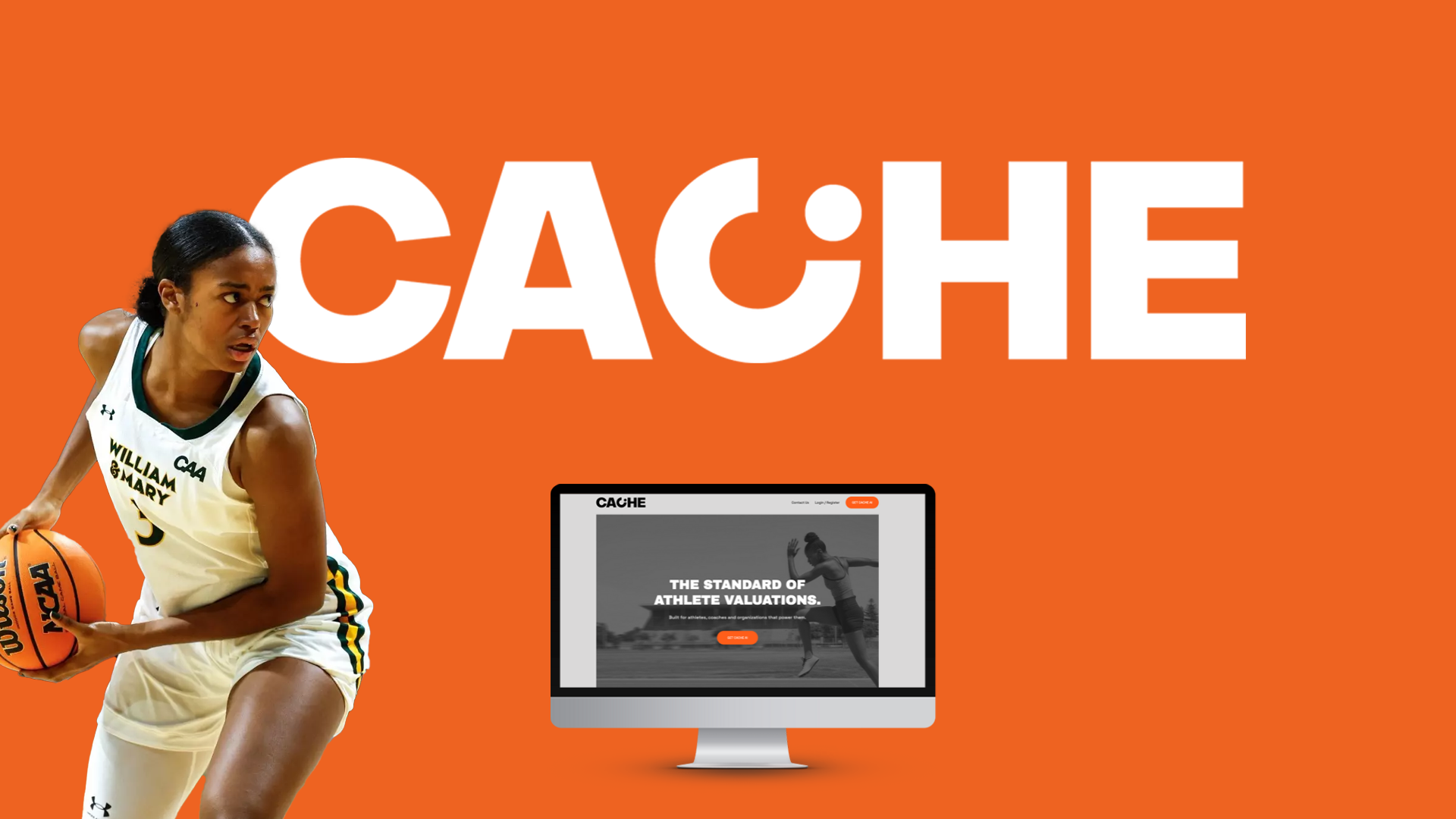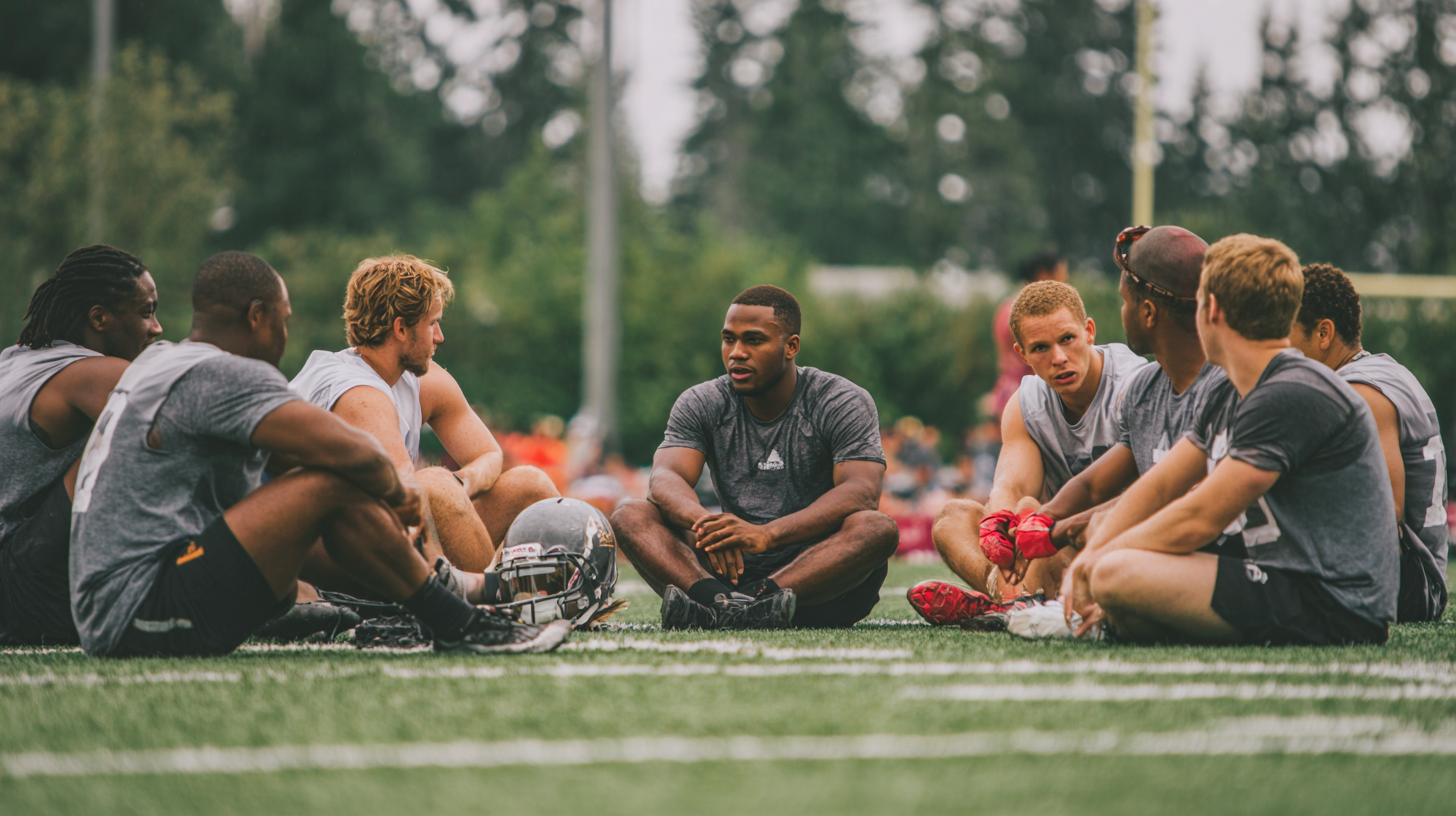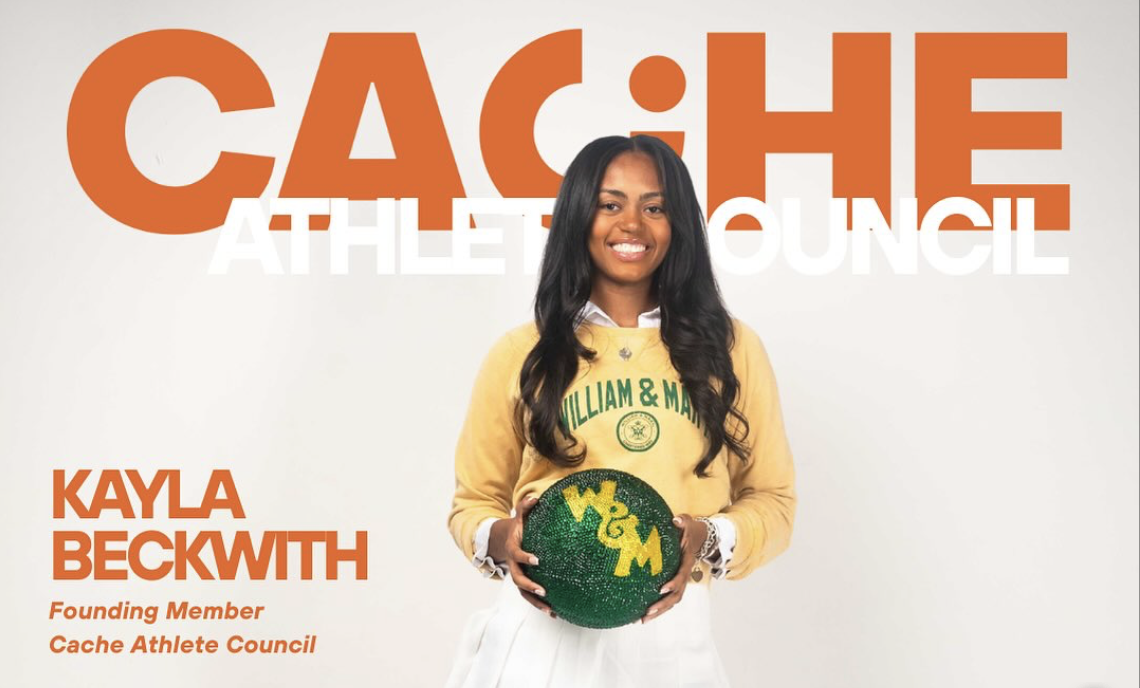Menu
Contact

By Darrell Booker
We’re in a new era of college sports where athletes aren’t just chasing championships, they’re chasing checks. Since the NCAA lifted restrictions on NIL (Name, Image, and Likeness) compensation, student-athletes are signing deals with brands, influencers, and even hometown car dealerships.
But here’s the thing: there’s no playbook. And without clarity, most athletes are left guessing, underpaid, underrepresented, or overlooked altogether.
That’s where Cache AI comes in. A platform built for this exact moment, it’s helping Gen Z athletes understand their NIL worth and then boost it.

Think of it like this: LinkedIn meets ESPN meets Forbes but for your NIL value.
Cache AI uses smart technology and real-world data to help athletes see what they’re really worth in today’s sponsorship economy. The platform provides:
“Own your value, unlock it yourself. Otherwise people are going to tell you what it is,” says founder and CEO Kobi Wu.
Kobi Wu isn’t just a founder, she’s a former high school athlete and a mom. The idea for Cache started taking shape as she watched her own son navigate the chaotic world of AAU basketball. She saw talented kids with real potential but zero access to the kind of valuation and branding tools professionals use.
She also brought years of experience in entertainment, strategy, and tech to the table. Having worked with major brands like Spotify, she spent much of her career in cultural strategy helping creators and companies understand their value and tell their story.
So she began asking: Why don’t athletes, especially young ones, have access to the same kind of brand-building intelligence?
Creating a profile is easy and free. Athletes log on to cache-ai.com, create a verified profile, and input data ranging from their sport and stats to their social media presence and off-field achievements.
Cache’s algorithm takes that input and calculates a CacheScore™ and CacheValue™. The more you engage, the sharper your insights become.
This isn’t a static resume, it's a living dashboard you can update and improve over time.

Sure, performance matters but Cache looks beyond the box score. Wu and her team understand that NIL is about brand identity, not just athletic output.
All of that adds to your presence and purpose key elements of your CacheScore™. Because what makes you valuable isn’t just how many points you score, it’s who you are off the field, too.
Cache uses AI to power predictions and valuations but it’s not a black box. Wu was intentional about not including too many variables that could introduce bias, such as family makeup. The goal? Level the playing field.
“We want the data to be useful, not oppressive. Athletes should feel empowered, not judged by an algorithm,” she told me.

Cache also created an Athlete Council, a group of current and former players who help guide product development and ensure athlete voices are embedded in the company’s DNA.
Right now, Cache supports athletes in football and basketball, with more sports coming soon.
Already, over 20,000 athletes are using the platform. Wu’s goal is to scale that to 50,000 users in the near future creating a national movement of empowered, data-literate athletes.
“We’ve already onboarded thousands of athletes,” Wu said. “And we’re growing every month. People are realizing that if you don’t own your narrative and data, someone else will.”
Esports is exploding and NIL is coming with it. Whether you’re a college competitor or a Twitch star, the opportunity is real. Brands are already pouring money into sponsorships and digital partnerships in gaming.
“The esports world mirrors traditional sports in so many ways team dynamics, audience growth, cultural impact,” Wu said. “But those athletes often get overlooked when it comes to valuation.”
Cache is actively building support for esports athletes, and Wu sees this as a massive growth area in the next chapter of NIL.
To close out our conversation, I asked Wu what advice she’d give to any athlete reading this:
“Don’t just be a player—be a partner. The earlier you understand your value, the more control you’ll have over your career, your brand, and your future.”
NIL isn’t just about money. It’s about ownership.
And with Cache AI, you finally have the tools to claim it.

“I saw one of my former students at the HBCU picnic. He looked more confident. More comfortable. And I thought, wow—this is what growth looks like.”
“I saw one of my former students at the HBCU picnic. He looked more confident. More comfortable. And I thought, wow, this is what growth looks like.”

I’ve known Gerald Keys for years, but chatting on Zoom this time felt like tapping into tomorrow. Even through a screen, his energy hit with producer-level precision. Gerald “The Sound” Keys is a Sacramento-bred, Atlanta-based producer-engineer with 15 years behind the boards for Justin Bieber, Usher, French Montana, Zendaya, and Ty Dolla $ign. Today he’s Ludacris’ studio wing-man, Chief of Production for Netflix’s Emmy-nominated Karma’s World, and lead producer for KidNation. His sync catalog stretches from McDonald’s and Google to Apple and Mattel.